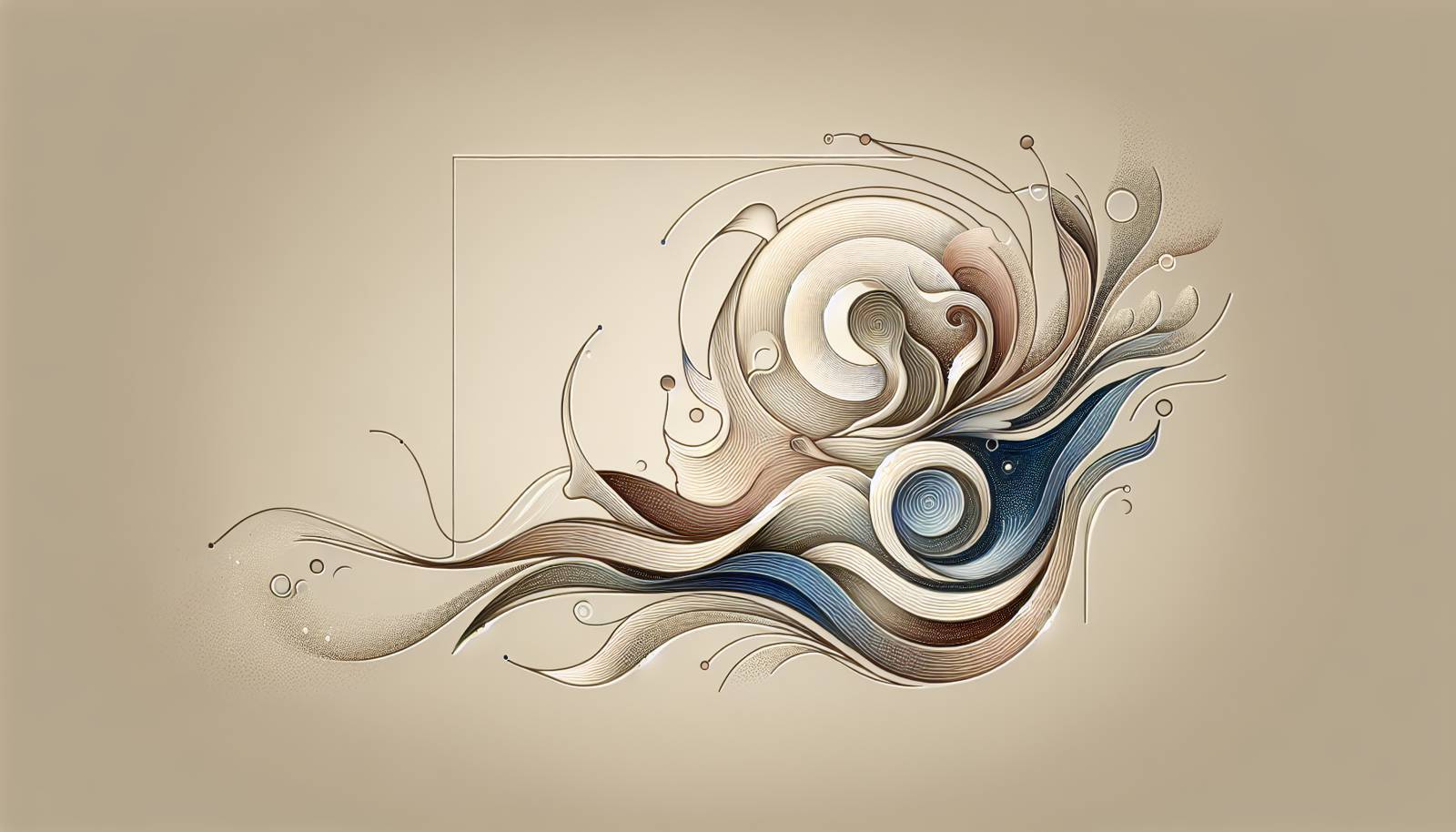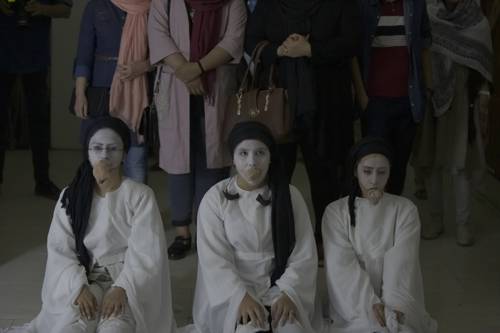
FAQ About The Evolution of Experimental Theatre

What is experimental theatre?
Experimental theatre is a genre of theatre that aims to explore new and innovative techniques and forms of expression. It often challenges traditional theatrical conventions by experimenting with elements such as storytelling, non-linear narratives, audience participation, and multimedia elements. This form of theatre seeks to push boundaries and explore new ways of engaging audiences and expressing artistic ideas.

When did experimental theatre first emerge?
Experimental theatre began to emerge in the late 19th and early 20th centuries. It gained momentum in the 1960s and 1970s as artists sought to break away from the constraints of classical theatre and explore more avant-garde approaches. Key figures such as Antonin Artaud, Bertolt Brecht, and the movements of Dada and Surrealism played significant roles in its development.

How does experimental theatre differ from traditional theatre?
Experimental theatre differs from traditional theatre primarily in its approach to storytelling and performance. While traditional theatre often follows a structured script and predictable staging, experimental theatre embraces unpredictability, often improvising or involving the audience directly. It may also incorporate elements such as multimedia, non-linear plots, and unconventional settings to provide a unique theatrical experience.

What are some common characteristics of experimental theatre?
Common characteristics of experimental theatre include an openness to improvisation, audience engagement, minimal or abstract set designs, and the use of multimedia such as film, music, or digital components. This genre often explores themes and topics that challenge social norms, offering new perspectives on cultural and political issues.

Who are some notable figures in the history of experimental theatre?
Notable figures in experimental theatre include Antonin Artaud, known for his Theatre of Cruelty, Bertolt Brecht, who developed Epic Theatre, and Jerzy Grotowski, who explored the concept of the "poor theatre." These artists, among others, significantly influenced the evolution of experimental theatre by pushing the boundaries of traditional performance.

How has experimental theatre impacted traditional stage practices?
Experimental theatre has greatly impacted traditional stage practices by introducing innovative techniques and concepts that challenge the status quo. It has encouraged mainstream theatres to explore more abstract forms of storytelling and incorporate technology into performances. Additionally, experimental theatre's emphasis on the role of the audience has led to more interactive and immersive experiences in traditional settings.

What role does audience participation play in experimental theatre?
Audience participation is often a crucial element in experimental theatre, as it breaks the "fourth wall," directly involving audiences in the performance. This can take many forms, from interactive storytelling and on-stage involvement to decision-making that influences the course of the narrative, offering a dynamic and immersive experience.

What are some popular experimental theatre plays or performances?
Some well-known experimental plays and performances include "Waiting for Godot" by Samuel Beckett, which challenges conventional narrative structure, and "Sleep No More," an immersive theatre experience by Punchdrunk that reimagines Shakespeare's Macbeth. These works have pushed the boundaries of traditional theatre by employing innovative storytelling techniques and participatory elements.

How do cultural dialogues manifest in experimental theatre?
Experimental theatre often addresses and stimulates cultural dialogues by exploring controversial or underrepresented themes. It provides a platform for diverse voices and perspectives, challenging audiences to question societal norms and engage with pressing social and political issues. This kind of theatre can facilitate conversation and reflection on complex cultural dialogues in society.

What techniques are commonly used in experimental theatre performances?
Techniques commonly used in experimental theatre include non-linear narratives, breaking the fourth wall, multimedia integration, live improvisation, and abstract staging. They often employ unconventional setting and props, sometimes using physical space creatively to transform the theatrical experience while prioritizing innovative storytelling and audience engagement.

Why do some audiences find experimental theatre challenging?
Some audiences find experimental theatre challenging due to its departure from traditional narratives and structures. The abstract, often non-linear storytelling can be difficult to follow, and the participatory nature can be unsettling for those accustomed to a clear separation between audience and performers. These elements require audiences to engage more actively and often outside their comfort zones.

How have advancements in technology influenced experimental theatre?
Advancements in technology have significantly influenced experimental theatre by expanding the tools available for storytelling and audience engagement. This includes the use of digital projections, interactive platforms, virtual reality, and live streaming. Technology enables creators to craft immersive environments and innovate with storytelling techniques, challenging traditional theatre's limitations.

What is immersive theatre, and how does it relate to experimental theatre?
Immersive theatre is a type of experimental theatre that involves audiences in the storytelling process by placing them within the performance environment. Unlike traditional theatre, where audiences observe from a distance, immersive theatre invites them to explore the set and sometimes interact with characters, creating a personalized and engaging experience. It's a subset of experimental theatre that exemplifies its ideals of challenging conventional forms.

Can experimental theatre be commercially successful?
While commercial success can be more challenging for experimental theatre compared to traditional productions, it is not impossible. Some experimental works, like "The Blue Man Group" and "Sleep No More," have achieved commercial success by appealing to niche audiences who are drawn to innovative and immersive experiences. These productions often rely on word-of-mouth and unique marketing strategies to reach their audiences.

How does experimental theatre contribute to social change?
Experimental theatre can contribute to social change by addressing pressing societal issues, challenging perceptions, and encouraging dialogue. By questioning norms and presenting alternative viewpoints, it can inspire audiences to think critically about social and political issues, potentially leading to increased awareness and shifts in societal perspectives and behaviors.

Are there any specific venues known for hosting experimental theatre?
Yes, there are several venues renowned for hosting experimental theatre, such as The Public Theater in New York City, Battersea Arts Centre in London, and La MaMa Experimental Theatre Club, also in New York City. These venues are known for promoting innovative and avant-garde performances, providing platforms for artists to explore new theatrical expressions.

How do performers prepare for roles in experimental theatre?
Performers in experimental theatre often undergo a unique preparation process focused on flexibility, improvisation, and adapting to unconventional storytelling methods. They may engage in workshops that emphasize physical theatre, voice training for non-traditional roles, and exercises in spontaneity to effectively engage with varying audience interactions and dynamic performance environments.

What challenges do directors face in creating experimental theatre productions?
Directors of experimental theatre face challenges such as balancing creative innovation with audience accessibility, integrating diverse elements like multimedia, and managing unpredictability in live performances. They need to support performers in embracing risk and explore themes that resonate, all while maintaining a cohesive vision and ensuring the production executes their avant-garde ideas effectively.

How has the perception of experimental theatre changed over time?
The perception of experimental theatre has evolved from being viewed as a fringe movement to becoming an integral part of the arts landscape. Initially considered unconventional and niche, it has gradually gained acceptance and respect, particularly as traditional theatres increasingly incorporate experimental elements. Today, it is valued for its ability to push cultural and artistic boundaries.

What is the future of experimental theatre?
The future of experimental theatre appears promising as it continues to evolve alongside technology and shifting cultural dynamics. There's potential for even greater integration of virtual and augmented reality, increased audience interactivity, and the exploration of global and diverse narratives. As it adapts and grows, experimental theatre will likely remain a vital force in challenging and expanding the possibilities of performance art.
